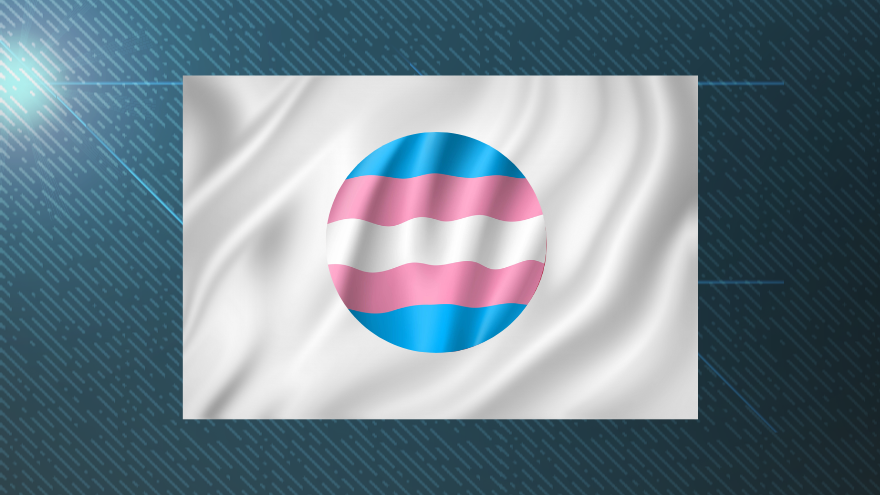A Japanese court has declared that requiring transgender-identifying people to surgically remove their reproductive organs in order to be issued new official documents that reflect their gender identity is unconstitutional.
The Hamamatsu branch of the Shizuoka Family Court ruling is a result of a lawsuit filed in 2021. The plaintiff, Gen Suzuki, was born female but identifies as a transgender man. Suzuki petitioned the court to have altered legal documents without having to meet the nation’s surgical requirement for transgender people.
The 48-year-old has now secured the right to not undergo any genital surgery but to be legally recognized as a man on official documents. Suzuki has reportedly taken hormone therapies and has undergone a double mastectomy but “believes a sex reassignment operation would have a serious impact on his physical and mental health,” per The Japan Times. Suzuki was diagnosed with gender dysphoria at 40.
Suzuki is specifically challenging the Gender Identity Disorder and Special Cases (GID) Act which was established in the early 2000s. The law requires a person to be formally diagnosed with a gender identity disorder and undergo sterilization. Additionally, those wishing to have their legal documents altered to reflect their gender identity have to be at least 20 years old, unmarried, and not have children under the age of 20.
In its ruling, the court said the surgical requirement “raises a question of its necessity and rationality” both socially and medically. The court questioned requiring transgender-identifying people to remove their sexual organs as it would cause irreversible loss of reproductive functions.
“The decision comes at a time of heightened awareness of issues surrounding LGBTQ+ people in Japan,” reports AP News. “The Shizuoka court said a growing social acceptance of sexual and gender diversity makes the requirement to undergo surgery to eliminate the possibility of childbirth outdated and goes counter to a global effort toward creating a more inclusive society.”
While the ruling does not change the law, it sets a precedent that could influence a similar case that is scheduled to be brought before the Japanese Supreme Court.
The nation’s highest court is expected to rule sometime in December if the surgical requirement is necessary in a case brought by a biologically male person who identifies as a transgender woman.
LGBTQ advocacy groups have long been critical of Japan’s stance on transgenderism and its policies regarding gender identity issues. In 2019, the Human Rights Watch said there is “no reason to have a law saying that transgender people who want to get legally recognized must be sterilized.”
“Transgender people are courageously speaking out against Japan’s abusive and discriminatory transgender law, and increasingly gaining support from experts in medicine, law, and academia,” said Kanae Doi, the director at Human Rights Watch in Japan, in a statement in 2021. “Tokyo officials should embrace public opinion and local-level policies and update the law to reflect current medical and legal perspectives.”
